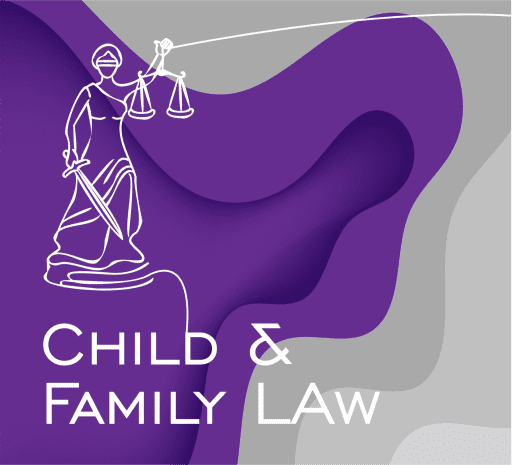Understanding Collaborative Law: A Path to Amicable Separation
Collaborative Law offers a path to finding solutions with the guidance and support of trained collaborative specialists.
In the conventional scenario of couples going through separation, each partner seeks counsel from their respective family lawyers. Working in conjunction with their lawyers, they strive to achieve an agreement on resolving issues. Sometimes, resorting to court proceedings becomes necessary, and a judge might eventually impose a decision on the parties involved.
The collaborative approach empowers former partners to collaboratively craft optimal solutions for themselves and their families.
This involves both individuals and their chosen collaborative practitioners convening in person to address matters in the same room.
As part of this process, you have the option to involve additional professionals, such as a family consultant to address emotional implications, or a financial advisor for financial decisions. This cohesive team of professionals aims to provide comprehensive and cost-effective support.
Is Collaborative Law the Right Fit for You?
For this process to be effective, the right mindset and professional support are crucial.
A sincere desire to reach a fair agreement benefiting the entire family.
A willingness to transparently disclose all asset-related information.
A commitment to resolving matters without resorting to court.
All participants sign a Participation Agreement, committing to collaborative work and prioritizing key issues.
Why is Collaborative Law Successful?
Independent legal representation remains accessible, granting you control without the shadow of impending court actions.
You shape the agenda, ensuring discussions focus on what truly matters to you and your family. The timeframe is flexible, accommodating your schedules, unlike being confined by court schedules.
Collaboration with your former partner increases the likelihood of comprehending each other’s priorities and finding effective solutions.
In cases involving children, collaborative work promotes a successful co-parenting relationship after legal proceedings. A child specialist can join as a neutral advisor to prioritize children’s needs.
Once an agreement is reached, it can be formalised into a court order or agreement, offering legal certainty.
Importantly, this agreement stems from your active involvement. It contrasts with lengthy and expensive court processes, where decisions are made by individuals unfamiliar with your situation.
To explore how you can collaboratively address matters amicably with Aristones guidance, reach out to us or visit our website to arrange a consultation.



